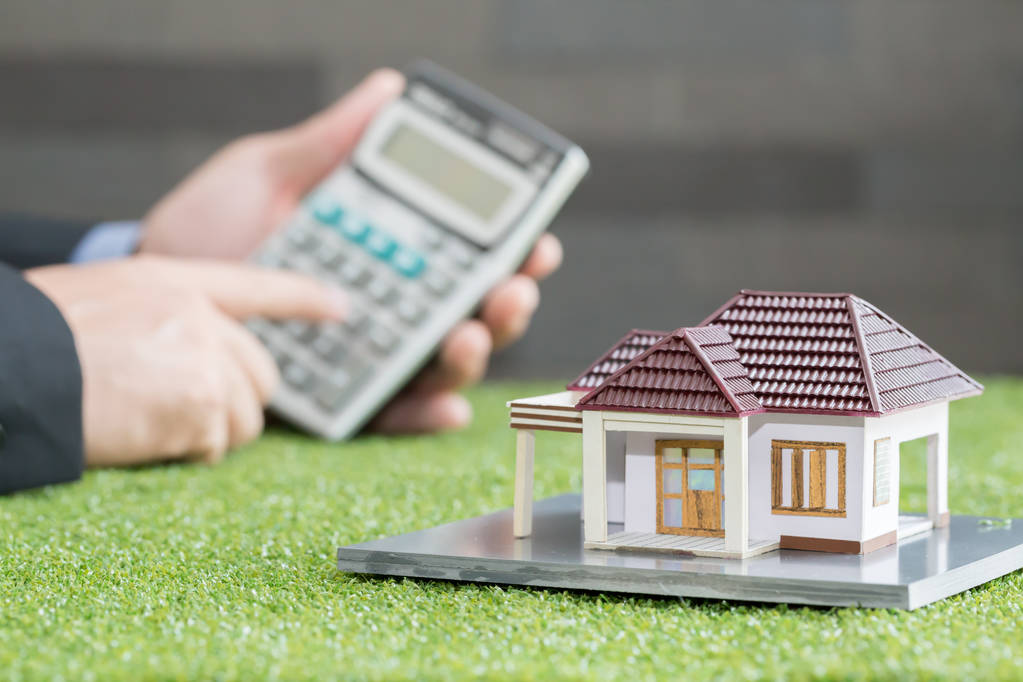Sustainability is no longer a trend in Australia; it is a necessity. The country is fighting climate change and resource challenges, and so the demand for eco-friendly housing is on the rise. Not only does it offer environmental benefits, but it also has substantial financial advantages. For real estate investors and homeowners, tax benefits tied to green initiatives can create a huge saving. Here’s how sustainable real estate can impact your finances and the planet.
Why Sustainable Real Estate Matters
Sustainable real estate refers to houses or buildings that are designed or constructed in such a way to minimise their environmental footprint. Characteristics that make the homes sustainable include solar panels, water-saving appliances, and gadgets that use energy, attracting not only environmentally concerned buyers but smart investors. More people are looking forward to saving on utilities by reducing energy consumption, increasing the demand for green homes in Australia.
To sustain such change, the Australian government provides tax incentives to persons as well as businesses making such investment in green properties. To help you make wise choices for yourself and enhance your profits, understanding these advantages could be beneficial.
Top Tax Benefits of Green Homes
1. Taxable Deduction for Energy Efficiency Improvement
You can claim tax deductions through investments in energy-efficient upgrades, such as installing a solar panel or insulating your home. For most landlords, these upgrades qualify as capital improvements, which one can depreciate over time in order to offset taxable income.
For instance, the installation of solar panels, energy-efficient windows, or environment-friendly water heaters can be partially or wholly expensed depending on its classification and application. The encouragement of property owners toward green practices while reducing their annual tax burden is promoted.
2. Depreciation on Green Features
With a focus on sustainability, Australian property investors will have an opportunity to utilise depreciation schedules on the properties. Examples include solar systems, rainwater tanks, and energy-efficient lighting as being depreciable assets. That is, these assets have their values diminished annually and you get to claim your annual deductions on these.
The deductions for depreciation of such assets would largely decrease the taxable income obtained from rental properties. Sustainable real estate becomes both responsible and financially sound for the investor.
3. Incentives on New Sustainable Developments
For those constructing new ones, there are grants and rebates to offset upfront costs. Incentive programs, for instance, such as the Australian Government’s Green Building Incentives, can help reduce the financial burden when creating energy-efficient homes.
Most states and territories will also provide rebates towards incorporating sustainable features into your design. These rebates will diminish the upfront construction costs of a home, and further, additional tax benefits come along after.
GST and Green Properties
Most property transactions in Australia fall under the purview of Goods and Services Tax, or GST. However, green features can determine the quantum of GST that one would be liable to pay. A sale of a property having energy-efficient upgrades might allow a claim of GST credits against the overall tax liability that will be associated with the sale.
Consulting a buyers agent Brisbane or a tax professional who knows how to handle sustainable real estate can help you navigate these subtleties and maximise your financial benefits.
Rental Yield and Taxable Income Effects
Energy-efficient properties tend to attract better rents because the tenants can pay a premium for lower utility costs and sustainable living. This increase in rental income will, however, affect your taxable income. The nice thing is that the associated deductions and depreciation benefits do offset this increase.
Besides, the maintenance cost of sustainable homes is low because of the durability of materials and modern systems used, making your investment even more profitable.
State-Specific Tax Incentives
Australia’s states and territories each have different programs to promote sustainable property development. For example:
- Queensland offers incentives for solar installations and energy-efficient home improvements.
- Victoria provides rebates for solar panels and battery storage systems through the Solar Homes Program.
- New South Wales promotes water-saving devices and other eco-friendly upgrades through its rebate schemes.
By researching local programs, you can find additional ways to reduce costs and enhance your property’s sustainability.
Challenges to be Considered
While there are obvious benefits to sustainable real estate, there are challenges to consider. The upfront costs of energy-efficient upgrades can be steep, even with rebates and tax incentives. Ensuring the improvements comply with local regulations and qualify for tax benefits requires careful planning.
Additionally, it is also very important to maintain the value of these features over time. For example, in solar panels, periodic cleaning and maintenance are required for their efficiency. These costs must be incorporated into your investment strategy.
The Future of Sustainable Real Estate
As Australia continues to strive for a net-zero emissions future, the role of sustainable real estate will only continue to grow. Tax incentives are likely to expand, making eco-friendly investments even more attractive. For homeowners and investors, staying ahead of these trends ensures both environmental and financial benefits.
Final Thoughts
Sustainable real estate is a win-win for Australians who want to reduce their impact on the environment while benefiting from significant tax advantages. Whether you are upgrading an existing property or building a new green home, the incentives can make a huge difference to your bottom line. Strategic planning and staying informed about government programs can help maximise these benefits and contribute to a greener future.

